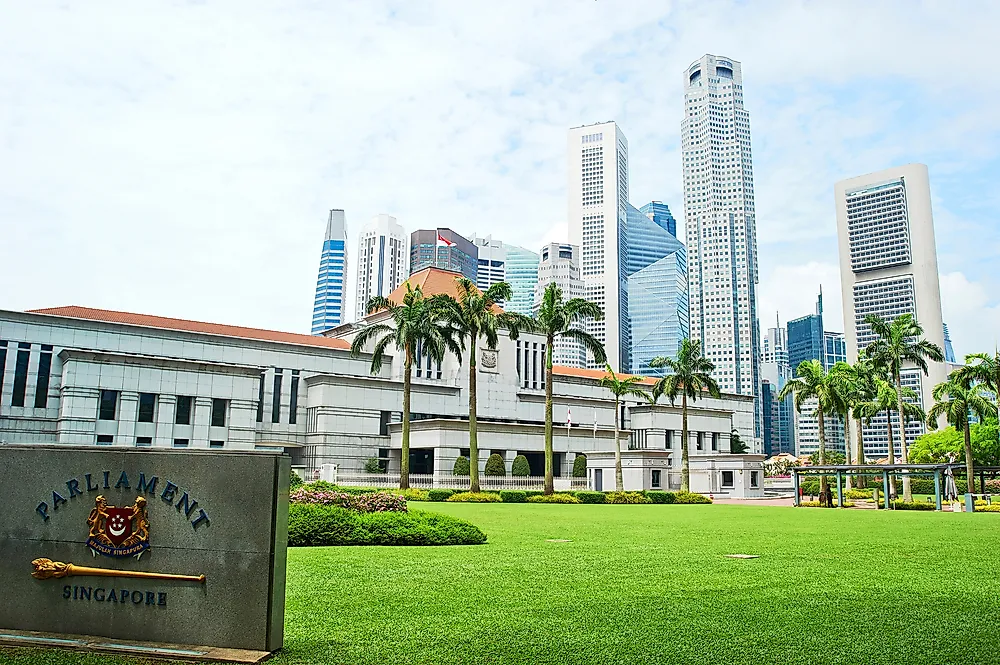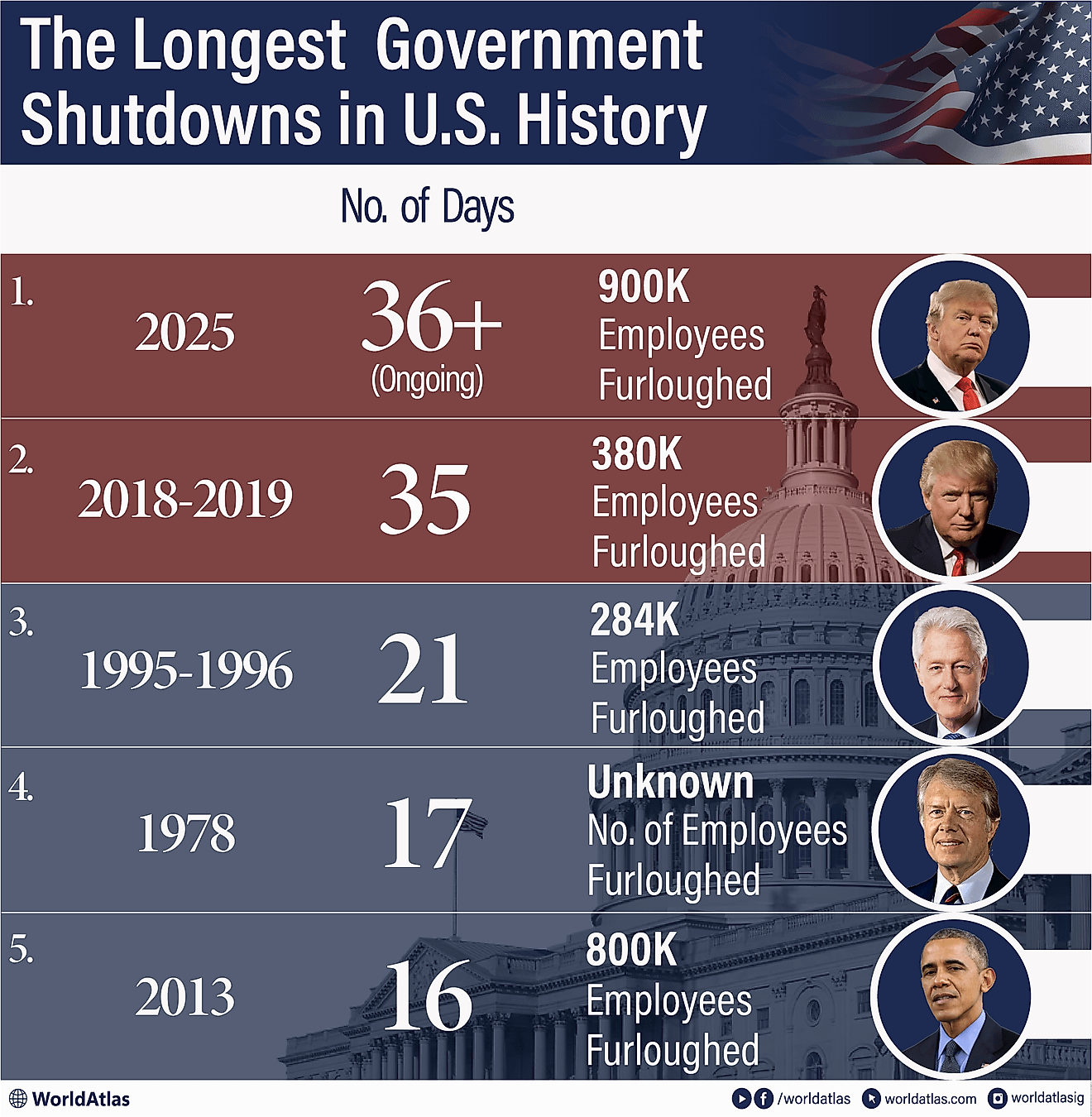What Type Of Government Does Singapore Have?

Singapore is a South-East Asian country which gained independence from Malaysia on August 9th, 1965. According to the Constitution of Singapore, the country has a parliamentary representative democratic system of government with a President as head of state and a Prime Minister as the head of government. The country practices multi-party political system with democratic elections.
Constitution Of Singapore
The Constitution of Singapore is the country’s supreme law and has been in effect since its enactment on December 22nd, 1965. Articles from the Constitution were drawn from provisions in three statutes; the Republic of Singapore Independence Act (1965), the Constitution of the State of Singapore (1963), and the Federal Constitution of Malaysia. All other laws in the land are subordinate to the constitution. The National Assembly has the authority to amend most provisions of the constitution through a majority vote. However, some critical provisions can only be amended through a national referendum.
The Executive Branch Of The Government Of Singapore
The Constitution of Singapore defines the Government of Singapore as the executive branch and is composed of the President, the Prime Minister, and the Cabinet. The President is the head of state but is not the head of government and hence is primarily ceremonial. The powers vested in the presidency are divided into the powers which he can exercise on his discretion and those he can only be exercised with advice from the cabinet. The President is responsible for making key appointments including the appointment of the Prime Minister and the Cabinet as well as the approval of financial budgets to be used by statutory boards. The President is elected by a popular vote in democratic elections and serves six-year terms. The Prime Minister is the head of government and is the head of the cabinet.
Legislative Branch Of The Government Of Singapore
The Parliament of Singapore is the legislative branch of government which is a unicameral (single-chambered) parliament. The Parliament in the country is mandated to create laws as well as make amendments to certain provisions of the Constitution. Another role of the Parliament of Singapore is to supervise the cabinet where the parliament can call upon members of the cabinet to justify their policies and actions. The Parliament is composed of 101 members in total with 89 elected members, nine nominated members, and three non-constituency members. The powers and privileges of Parliament are only regulated by the parliament including the dissolution of the parliament. The Speaker is the leader of parliament and is tasked to preside over parliamentary sittings and to moderate debates. The speaker is elected by the members of parliament.
Judicial Branch Of The Government Of Singapore
The Judiciary of Singapore is the arm of government responsible for the administration of justice. The Constitution requires the Judiciary to exercise fairness and impartiality in the administration of justice. The Supreme Court of Singapore is the highest judicial office and wields full judicial powers. The Supreme Court is made up of the High Court and the Court of Appeal. The judiciary is also composed of other subordinate courts. The Chief Justice is the head of the judiciary and is appointed by the President after being recommended by the Prime Minister. Judicial Commissioners, Judges of the High Court, and the Judges of Court of Appeal are all appointed by the President after being recommended by the Prime Minister in consultation with the Chief Justice.











